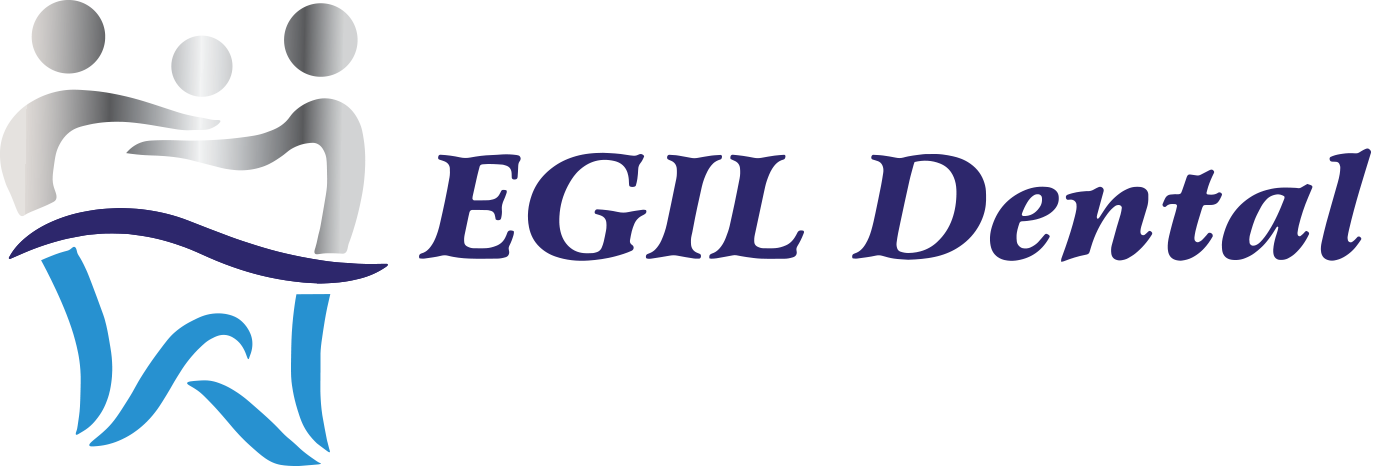Orthodontics is an important area of dentistry, concerned primarily with preventing and treating malocclusions or “bad bites.” Malocclusions can lead to dental problems such as tooth decay, gum disease, poor speech and chewing problems, and can also have a negative impact on a person’s self-esteem. In this article, we’ll explore the impact of orthodontics on overall health, with insights from Dr. Gil, a prominent orthodontist.
What is Orthodontics?
Orthodontics focuses on the development and positioning of the teeth and jawbones, and the way these affect the surrounding structures such as the gums, bones, muscles, and nerves. Malocclusions are usually categorized into Class I, II, and III malocclusions, ranging from mild to severe. Orthodontic treatments often involve the use of braces, clear aligners, headgear, and other appliances to reposition the teeth and jaws into an ideal alignment and oral function.
The Impact of Orthodontics on Dental Health
One of the primary benefits of orthodontic treatment is the improvement of dental health. Malocclusions can create areas of plaque accumulation and nutrient pockets which are difficult to clean. When teeth are properly aligned, it is easier to brush and floss, leading to better oral hygiene, less plaque, and a lower risk of gum disease and cavities. Additionally, orthodontic treatment can improve jaw function and reduce the risk of damage to surrounding structures such as soft tissues and the temporomandibular joint (TMJ).
Impact on Speech and Chewing
Speech and chewing problems are common in individuals with malocclusions, particularly Class II and III malocclusions. These malocclusions can cause an open bite (when the upper and lower teeth don’t completely meet when the mouth is closed) which can affect a person’s ability to speak properly. Lateral jaw asymmetry, crossbite, and underbites can also lead to chewing problems, making it uncomfortable and difficult to chew food properly. Orthodontic treatments can help to correct malocclusions, reducing the impact on speech and chewing.
Impact on Overall Health
The impact of orthodontics on overall health extends beyond improved dental and oral health. Malocclusions are often associated with stress on the jaw and neck muscles, which can lead to tension headaches and other pains. Additionally, jaw pain can lead to stress and anxiety, and may even affect a person’s sleep quality. By addressing malocclusions through orthodontic treatment, individuals can improve their overall health and well-being, particularly when it comes to reducing stress and anxiety levels and improving sleep quality.
Insights from Dr. Gil
Dr. Gil is an expert orthodontist with years of experience treating malocclusions in patients of all ages. He emphasizes the importance of seeking treatment for malocclusions as soon as possible in order to improve outcomes. According to Dr. Gil, many malocclusions can be treated more easily when patients are young, and early orthodontic treatment can help to prevent more severe orthodontic problems from developing in the future. Dr. Gil advises parents to have their children evaluated by an orthodontist by the age of seven in order to determine if orthodontic treatment is necessary.
Additionally, Dr. Gil wants to remind adults that it is never too late to seek orthodontic treatment. With the advancements in orthodontic technology and materials, adults can often achieve the same results as children. Modern orthodontic treatments such as clear aligners can be discreet and more comfortable for adults, making it more convenient to achieve better oral health and aesthetics. Dr. Gil encourages adults to address malocclusions in order to improve their oral health and reduce the risk of other health problems in the future.
Conclusion
Orthodontic treatments can have a significant impact on overall health, reducing the risk of dental problems and improving speech and chewing function. A qualified orthodontist like Dr. Gil can provide patients with personalized treatment plans to address their particular concerns. With early and regular evaluation, individuals can ensure they receive the necessary orthodontic treatments to improve their oral and overall health.

